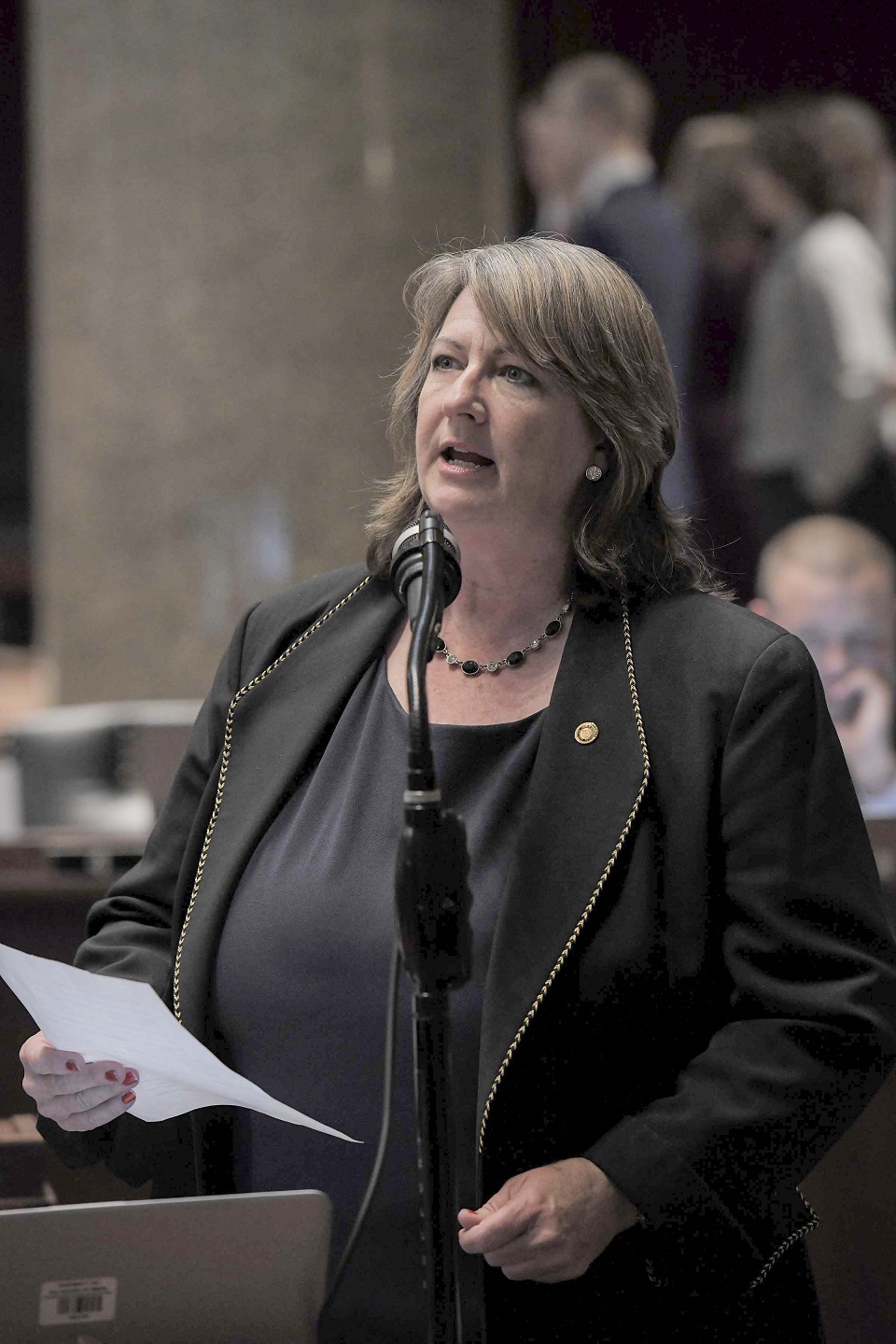An advocate says a new law that began as a Missouri House bill is a “game changer” for people trying to establish new lives after felony convictions.

The legislation eliminated a prohibition on those with felony convictions working in places which sell lottery tickets. It also lifted the requirement that businesses who sell alcohol report to the state when they hire someone with a felony. The changes have been sponsored for several years by Hallsville Republican Cheri Toalson Reisch, and was signed into law this summer and took effect August 28.
She said it’s about worker freedom.
“If an employer wants to hire a felon, why should the State of Missouri tell them, ‘No?’”
Dan Hanneken is the Executive Director of In2Action, a program that helps people transition out of prison. He says the most important factor in a convicted felon not returning to prison is their ability to find employment.
“What we want is felons … to work. We need them to be self-supporting and we need them to support their families,” said Toalson Reisch. “They want to work, and this gives them more opportunities to go out and get entry-level jobs, work their way up, give them experience, put work on a resume.”
The proposal, filed by Toalson Reisch as House Bill 316, was amended to Senate Bill 26, which was passed and signed by Governor Mike Parson (R).
She said this bill benefit not only her home county of Boone, which she said consistently has one of the highest unemployment rates in the state, but the entire state.
The legislation had broad support, and was viewed as helping fight recidivism and unemployment while supporting criminal justice reform and helping the economy by boosting the eligible workforce. The House voted 148-1 for the 2020 version of the bill.
Hanneken said the law before this change was very frustrating for the people he works with, who often want to rebuild their lives, provide for their families, and simply have a path forward after prison.
Toalson Reisch said the reporting requirement for businesses that sell liquor was, in practice, a pointless exercise for those employers, who had to fill out a form that wasn’t used for anything.
The bill also had broad support from groups including Empower Missouri and the Missouri Petroleum Marketers and Convenience Stores Association.
Pronunciations:
Cheri Toalson Reisch = shuh-REE TOLE-sun RYSH